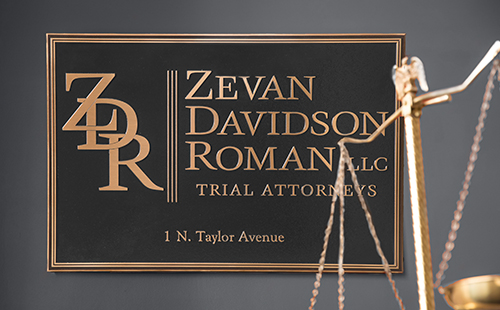What Instances Fall Under an Anesthesia Malpractice Claim?
Advances in medical technology and medication have made scheduled and emergency surgical procedures safer. However, the administration of anesthesia does not come without its risks and potential complications. Anesthesiologists are trained to measure, administer and monitor the effect of anesthesia on their patients. If they fail to follow required protocols during your procedure or do not administer the correct dosage, you should contact an attorney to plan your next steps in filing an anesthesia malpractice lawsuit.
What is anesthesia?
Anesthesia is a medical treatment that helps patients not feel pain during a medical procedure such as a surgery, diagnostic test or wound treatment. There are three main usages for anesthesia during medical procedures:
- General anesthesia, where a patient is placed under complete unconsciousness;
- Regional anesthesia, when only one area or part of the body is numbed and void of pain; or
- Local anesthesia, where it is only applied to one small part of the body.
What are common complications in anesthesia malpractice cases?
Each type of anesthesia does come with a list of major complications that each patient should be aware of before the treatment is applied. If your doctor fails to discuss and warn you of these complications before a procedure, they may be liable for a malpractice lawsuit for breaching their standard of care.
Some of the common anesthesia complications your doctor should inform you about before your procedure include:
- Preoperative pain;
- Nausea;
- Confusion;
- Injuries from intubation;
- Anaphylaxis, or a severe allergic reaction;
- Respiratory problems;
- Brain or nerve damage;
- Blood clots;
- Anesthesia awareness,
- Heart attack;
- Stroke; or
- Death.
What are common medical mistakes made in anesthesia malpractice cases?
When you go into a planned medical procedure or have an emergency procedure, you expect that your doctors will care for you throughout the entire process. However, medical mistakes do happen even by the most practiced hand. Anesthesia errors may be caused by a number of instances, but the most common is through negligence before, during or after a procedure.
Before surgery, your anesthesiologist and doctor have a duty to educate you on the possible risks, review your medical history for potential complications and provide you with preoperative instructions such as fasting before surgery. A failure to conduct these routine tasks before your procedure may increase your risk for a complication due to anesthesia malpractice.
Additionally, anesthesiologists must monitor your vital signs, such as blood pressure and oxygen levels, throughout a procedure to ensure your anesthesia is working properly, make sure your body is responding well to the anesthesia and address any issues during the procedure to keep you safely sedated or void of pain. If they do not, your doctor may be at fault.
Medical Malpractice Lawyers for Anesthesia Malpractice
At Zevan Davidson Roman, we understand that sustaining an injury during a medical procedure is a devastating experience. As St. Louis medical malpractice attorneys, we are here to support you and uncover the information you need to achieve the compensation you deserve. If you believe you or a loved one was harmed due to anesthesia malpractice, contact our medical malpractice team today to address your next steps during a free consultation.
Missouri Medical Malpractice Lawyer
If you have suffered as a result of medical malpractice, contact our legal team right away. Waiting to seek legal representation can prevent you from filing a claim and receiving the compensation you deserve.
Contact Zevan Murphy today.

